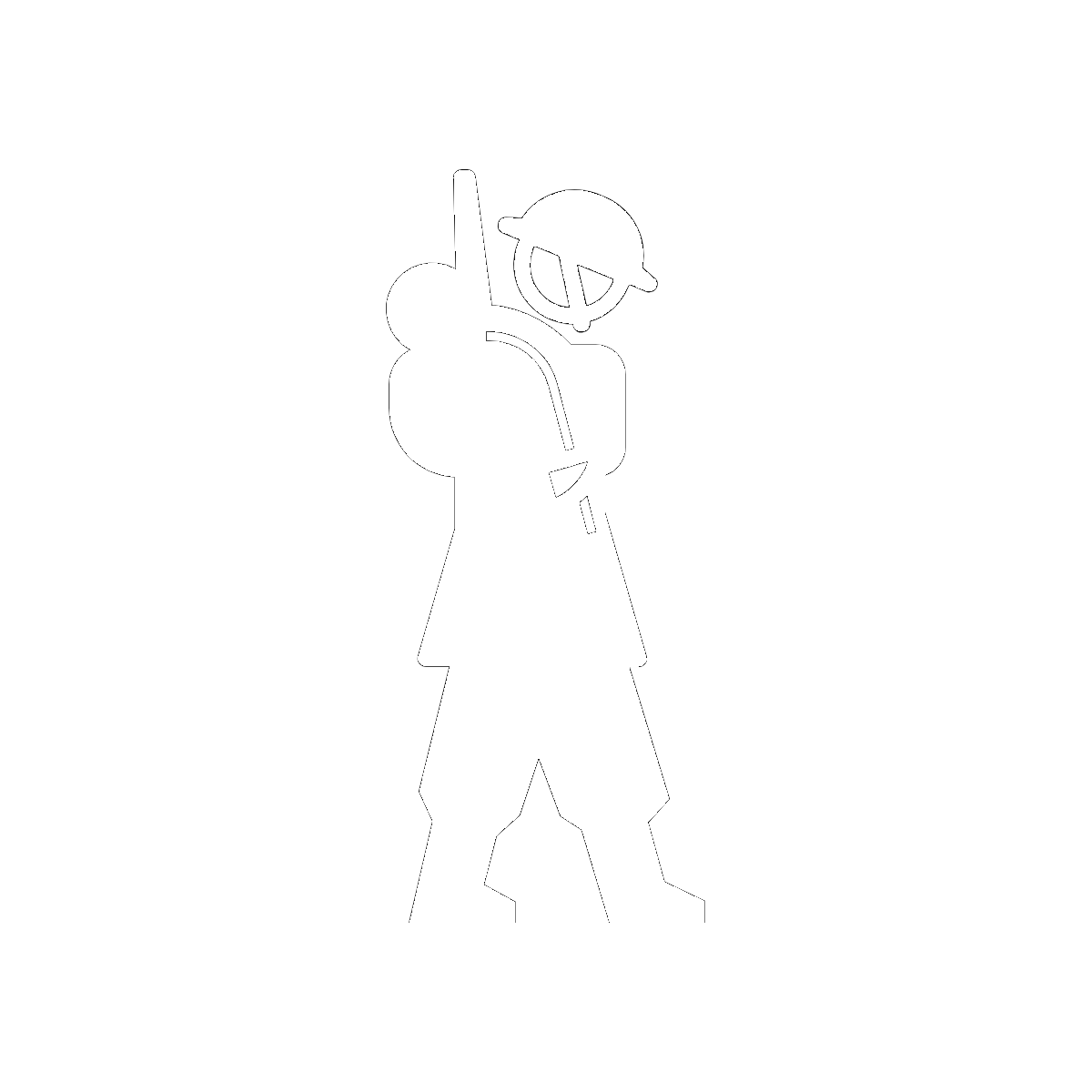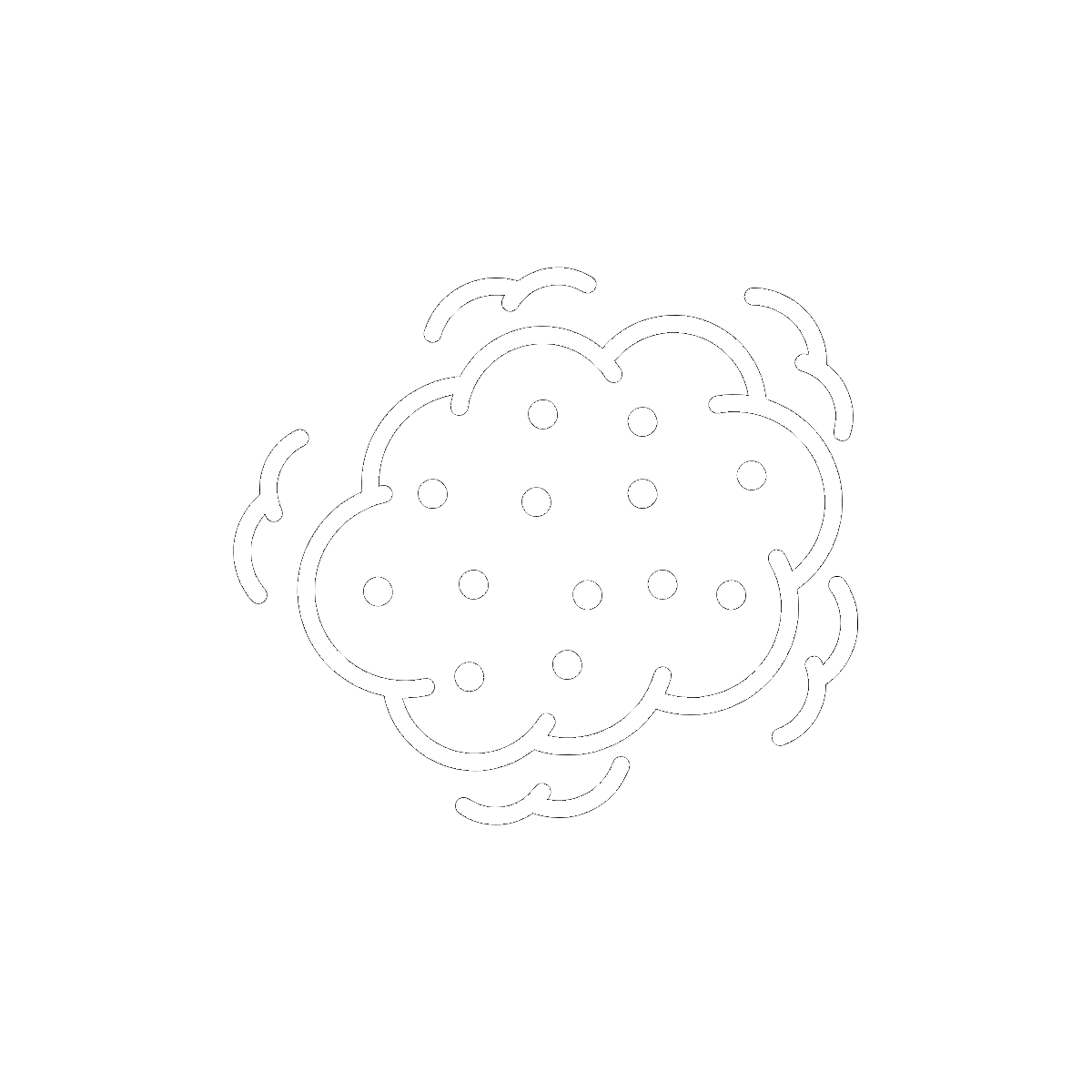The Full Text of “Break of Day in the Trenches”
1The darkness crumbles away.
2It is the same old druid Time as ever,
3Only a live thing leaps my hand,
4A queer sardonic rat,
5As I pull the parapet’s poppy
6To stick behind my ear.
7Droll rat, they would shoot you if they knew
8Your cosmopolitan sympathies.
9Now you have touched this English hand
10You will do the same to a German
11Soon, no doubt, if it be your pleasure
12To cross the sleeping green between.
13It seems you inwardly grin as you pass
14Strong eyes, fine limbs, haughty athletes,
15Less chanced than you for life,
16Bonds to the whims of murder,
17Sprawled in the bowels of the earth,
18The torn fields of France.
19What do you see in our eyes
20At the shrieking iron and flame
21Hurled through still heavens?
22What quaver—what heart aghast?
23Poppies whose roots are in man’s veins
24Drop, and are ever dropping;
25But mine in my ear is safe—
26Just a little white with the dust.
-
“Break of Day in the Trenches” Introduction
-
"Break of Day in the Trenches" is a World War I poem by British poet, soldier, and artist Isaac Rosenberg. Rosenberg wrote it in 1916 while serving on the Western Front, the conflict line stretching from Belgium through France. The poem describes dawn in the middle of war, establishing an eerie quiet that's soon interrupted by the appearance of a rat. The speaker contemplates what the war must be like from the rat's perspective, and, in doing so, highlights the horror, absurdity, and tragic wastefulness of the conflict.
-
-
“Break of Day in the Trenches” Summary
-
The darkness of night dissolves. As always, the arrival of dawn is ancient and mystical, like a Druid—except that a living creature jumps over my hand. It's a strange rat with a mocking look, appearing just as I pluck a poppy flower from the top of the trench to put behind my ear. You funny, sarcastic rat, the soldiers would shoot you if they knew how you treat all people equally. Now that you've touched my English hand, you'll probably go and touch a German one soon—if you feel like crossing the quiet countryside between the two warring sides. You seem to smirk as you pass young men with bold eyes, strong limbs, and athletic prowess, who have less chance of surviving this place than you do—who are targets of random killing, sprawled out in this hellish landscape, the wrecked countryside of France. How do our expressions look to you as the screaming fire and metal of our weapons fills the calm sky? Do you see fear and disgust? Poppies, which thrive on the blood of dead men, are dropping and dying. The one behind my ear is safe, but flecked with white dust.
-
-
“Break of Day in the Trenches” Themes
-

The Absurdity of War
"Break of Day in the Trenches" gives a grimly ironic account of dawn on a World War I battlefield. Through his observations of the sunrise, a rat, and a poppy, the speaker—a soldier in the trenches—reflects on a basic, tragic absurdity of war: nothing in nature can possibly comprehend why humans kill each other. Mechanized warfare, this poem suggests, is a uniquely and horribly human endeavor that's at odds with the order of the natural world.
War, to the speaker, makes a mockery of nature itself. While sunrise is normally associated with warmth, light, life, and new beginnings, the “break of day” for a World War I soldier only means another day of horrific trench warfare. Rather than seeing hope or renewal in the rising sun, the speaker merely observes that "the darkness crumbles away" in the “same old” way it ever does. The persistent, ugly sameness of war contrasts sharply with nature itself.
That point only becomes clearer when the speaker reflects on the arrival of a rat, a creature that doesn't (and can’t) know or care about war. The speaker sees this rat as a “sardonic” (or cynical and mocking) outsider, indifferently observing the hellscape of the battlefield and, in the process, underscoring humanity’s foolishness.
Having touched the speaker's British hand, the speaker says, this rat will scurry off and "do the same to a German." In so doing, the rat will undermine the absurd logic of war that makes one side hate the other: humanity has constructed all these convoluted reasons to kill one another, but the rat just goes about its ratty business, unable to tell the difference between deadly enemies. By crossing no man's land—the terrain between the two warring armies—at will, the rat demonstrates how meaningless, arbitrary, and exclusively human the idea of “sides” is in the first place. The “droll” rat, sneering at humanity’s folly, thus calls into question whether humans are as civilized as they might think.
When the speaker then plucks a poppy from the trench as a kind of lucky charm, both the rat's indifference and the horrors of the battlefield seem to overpower the beauty and hopefulness associated with the flower. The closing poppy image is ambiguous, at once reflecting nature's durability (as the rat does, in its way), the sheer scale of death on the battlefield (poppies thrived on the nutrient-rich soil, as if drawing their redness from the blood of corpses), and the fragility of life (the poppy, now plucked, is dying). This ambiguity adds to the power of the poem, which offers a complex meditation on war's absurdity without drawing straightforward conclusions.
- See where this theme is active in the poem.
-
-
Line-by-Line Explanation & Analysis of “Break of Day in the Trenches”
-
Lines 1-2
The darkness crumbles away.
It is the same old druid Time as ever,The poem opens quietly, almost meditatively. The speaker, a British soldier, observes the hush of the dawn in the midst of a World War I battle. But while daybreak is typically associated with life, hope, and renewal, here the poem establishes a subtle but palpable sense of unease.
Significantly, there is no description of the sun rising. Instead, the speaker observes through metaphor how the "darkness crumbles away." "Crumbles" is the important word here, suggesting decay, degradation, and destruction—all words that could apply to World War I and the horrors of humanity's supposed civilization.
The first line's meter initially suggests an iambic (da-DUM) rhythm, but this, too, "crumbles":
The dark- | ness crum- | bles away.
The extra unstressed syllable in the last foot, combined with the end stop, stifles the poem's momentum before it's even begun. It also creates a tense silence, into which the star of the poem—the rat—will appear.
In line 2, dawn, something that happens every day, seems to connect the speaker with the ancient world. That is, it links the soldiers of WWI, living in their frightening wartime present, with the "druid[s]," religious leaders in ancient Celtic culture. But this line isn't really about Celtic druids in particular; rather, the speaker is reaching back to find common ground with the people of the past, much as the poem will later meditate on the common ground between warring armies. Time itself is personified as a "druid"—ancient, eternal, and, perhaps, containing priest-like wisdom—in contrast to the absurd, murderous, present-day war.
-
Lines 3-6
Only a live thing leaps my hand,
A queer sardonic rat,
As I pull the parapet’s poppy
To stick behind my ear.

Unlock all 329 words of this analysis of Lines 3-6 of “Break of Day in the Trenches,” and get the Line-by-Line Analysis for every poem we cover.
Plus so much more...
Get LitCharts A+ -
Lines 7-12
Droll rat, they would shoot you if they knew
Your cosmopolitan sympathies.
Now you have touched this English hand
You will do the same to a German
Soon, no doubt, if it be your pleasure
To cross the sleeping green between. -
Lines 13-14
It seems you inwardly grin as you pass
Strong eyes, fine limbs, haughty athletes, -
Lines 15-18
Less chanced than you for life,
Bonds to the whims of murder,
Sprawled in the bowels of the earth,
The torn fields of France. -
Lines 19-22
What do you see in our eyes
At the shrieking iron and flame
Hurled through still heavens?
What quaver—what heart aghast? -
Lines 23-26
Poppies whose roots are in man’s veins
Drop, and are ever dropping;
But mine in my ear is safe—
Just a little white with the dust.
-
-
“Break of Day in the Trenches” Symbols
-

The Rat
The rat is the star of the show in this poem. Its symbolism works on three main levels:
- Rats are associated with death, decay, and waste. They thrive in environments that humans consider undesirable. The trenches along the Western Front (which stretched from Belgium through France) were gruesome places, often waterlogged and full of dead and decomposing bodies. This made them an ideal breeding ground for rats!
- Even as it serves as a reminder of death, however, the rat also comes to symbolize nature's ability to survive—and even thrive—when humans are doing their worst.
- As a kind of ambassador of life that's expressly non-human, the rat also illustrates the absurdity of warfare. Much as jesters in medieval courts deflated the pomp of kings and queens, the rat's indifferent, "sardonic," "grin[ning]" presence undermines the entire war project. It doesn't feel allegiance to one side or the other, and it's not trying to kill anyone with sophisticated weapons; it's just living its simple life, and in the process, it seems to ridicule the humans' self-destruction.
- See where this symbol appears in the poem.
-

The Poppy
The poppy flower is linked with World War I in the UK, where, to this day, many wear a commemorative (and usually plastic) poppy in November to mark the anniversary of the war's end.
Like the rat, the poppy's symbolism in the poem is complex. For one thing, poppies are flowers, beautiful objects from the natural world that typically represent beauty, growth, rebirth, and so forth. To the speaker, the poppy is almost a lucky charm, placed behind his ear in a gesture of hope and (perhaps naive) optimism.
Yet even as the poppy serves as both a sign of life—poppies grew abundantly on the battlefields of the Western Front—it's also a stark reminder of death, since, now that the speaker has plucked it, it will "Drop" and die. Thus, in addition to being a sign of nature's beauty and strength, the poppies are also a subtly grim reminder of the sheer scale of the war. Countless dead and decomposing bodies, combined with the soil-churning effects of artillery bombs, made the ground rich and fertile for poppies to grow in.
When the speaker turns back to the poppy at the end of the poem, his tone is unsettlingly ambivalent. The dust on the blood-red poppy (think of the phrase "dust to dust," as in the circle of life) becomes another haunting reminder of death. The flower, like the speaker, may not be "safe" for long.
- See where this symbol appears in the poem.
-

Dust
The placement of "dust" at the very end of the poem suggests some larger, symbolic significance.
Dust has been symbolically linked with death for thousands of years. In the biblical Book of Genesis, for example, God creates humanity out of dust, and when people die, they are returned to the earth, turned back into dust. The phrase "ashes to ashes, dust to dust," from the Book of Common Prayer, is a famous summary of the circle of life.
The little sprinkle of dust on the speaker's poppy, then, might represent the proximity of death: one false move, one well-placed bullet or bomb, and the speaker's life will be over.
- See where this symbol appears in the poem.
-
-
“Break of Day in the Trenches” Poetic Devices & Figurative Language
-
Alliteration
Alliteration helps brings the poem's images to life at several powerful moments.
The first example, in line 1, is all about the element of surprise. It's dawn, and the speaker observes a moment of uneasy calm on the battlefield as the "darkness crumbles away." Suddenly, a rat appears and interrupts the speaker's train of thought: "a live thing leaps my hand" (line 3). This alliteration is lively and surprising, like the rat itself.
In the same sentence, the speaker "pull[s] the parapet's poppy" to tuck behind his ear, apparently as a good-luck charm. This alliteration (and consonance) is cheerful, almost childlike, as though borrowed from a nursery rhyme. Yet it also gently suggests violence through all those (ex)plosive sounds.
Alliteration appears again in line 18: "fields of France." Here, the /f/ sounds are soft and pleasant. Taken in isolation, the "fields of France" sound like an attractive place to be! But the ugly adjective "torn," with its hard /t/ sound, contrasts with the /f/s and suggests the violence occurring in those fields.
The speaker then asks the rat (via apostrophe) what it sees in the eyes of the soldiers as artillery and gunfire are "hurled through [the] heavens." The alliterative, breathy /h/ sounds suggest physical effort—the kind of huffing and puffing you make when you hurl something.
- See where this poetic device appears in the poem.
-
Allusion


Unlock all 148 words of this analysis of Allusion in “Break of Day in the Trenches,” and get the poetic device analyses for every poem we cover.
Plus so much more...
Get LitCharts A+ -
Apostrophe
-
Assonance
-
Caesura
-
End-Stopped Line
-
Enjambment
-
Juxtaposition
-
Metaphor
-
Personification
-
Polyptoton
-
Rhetorical Question
-
-
“Break of Day in the Trenches” Vocabulary
Select any word below to get its definition in the context of the poem. The words are listed in the order in which they appear in the poem.
- Druid
- Sardonic
- Parapet
- Poppy
- Droll
- Cosmopolitan
- The Sleeping Green
- Haughty
- Chanced
- Bonds
- Whims
- Bowels
- Hurled
- Quaver
- Aghast
Druid-
The druids were religious authorities in ancient Celtic cultures, such as those in Britain and France. Here used ambiguously (it can be read as a noun or an adjective), "druid" suggests that Time is both ancient and mystical.
- See where this vocabulary word appears in the poem.
-
Form, Meter, & Rhyme Scheme of “Break of Day in the Trenches”
-
Form
The poem doesn't use a regular stanza form. Instead, it's a single 26-line block of text. This gives it a spontaneous quality that seems fitting for a poem written and set in a World War 1 trench.
Though the poem opens with an almost meditative sense of quiet, the speaker has to be on his guard at all times: danger could strike at any moment. The dynamism of the poem—its variation in line lengths and lack of neat structure—seems to speak to this edgy state of mind. It's as if the poet is reacting to images and sensations in real time, as a soldier does in battle. This spontaneity also fits with the surprising intrusion of the rat.
Notably, though, the poem does subvert a particular mode of poetry. As it's set at dawn, "Break of Day in the Trenches" is a kind of aubade: a morning poem. But while aubades are typically romantic, this poem focuses on fear, tragedy, and the waste of human life.
-
Meter
"Break of Day in the Trenches" doesn't have a regular meter. In this context, a strict rhythm would probably feel too strict and safe. The poem has a spontaneous quality, as evidenced by the fact that a rat—a surprise intruder—takes up most of the action! Rosenberg's free verse plays into this feeling that anything could happen.
Notice, though, how the first line briefly leads the reader to expect iambs before immediately undermining the pattern:
The dark- | ness crum- | bles away.
The sound of the line also has a crumbling effect: it builds up a potential iambic meter, then dismantles it in the third foot, giving the poem dynamism and surprise from the outset.
-
Rhyme Scheme
This is an unrhymed poem. The freedom of its verse gives it an improvised quality. In fact, it was written while Rosenberg was serving on the front line, and the absence of rhyme helps it read like an authentic record of that experience.
-
-
“Break of Day in the Trenches” Speaker
-
The poem uses a first-person perspective throughout. The speaker is a soldier fighting on the English side of World War I, stationed somewhere in the trenches of the Western Front (the line of battle that stretched from Belgium through France).
\Given that Isaac Rosenberg himself served in these trenches—in fact, this poem was sent from the front line to one of Rosenberg's literary supporters—it's not a stretch to view the speaker as Rosenberg himself. But by avoiding specific details about the speaker's identity, the poem retains a universal quality. The experiences it describes could be those of thousands of young men at the time.
The speaker isn't strongly judgmental about the war. That is, the poem lacks the patriotic hype of Rupert Brooke and the cutting condemnation of poets like Siegfried Sassoon and Wilfred Owen. Instead, this speaker struggles to understand the war, and, by imagining it from the rat's perspective, expresses the absurdity of the experience.
-
-
“Break of Day in the Trenches” Setting
-
As the title suggests, the poem is set at dawn in the trenches of World War I. This gives the poem an eerily quiet beginning: the soldiers are just waking up to another brutal day of trench warfare. While dawn is usually associated with warmth, light, hope, and renewal, here it's just the dismantling of "darkness." Rather than the glorious arrival of the sun, the poem opens with an atmosphere of destruction and decay, suggesting that war itself is more destructive than glorious.
The speaker is situated in the "torn fields of France," somewhere on the English side along the Western Front. In other words, he's right in the heart of the battle, close enough to see the "shrieking iron and flame" that fill the skies. His observation that the soldiers are "Less chanced than [the rat] for life"—less likely than the rat to survive—indicates the scale and fury of the fighting.
-
-
Literary and Historical Context of “Break of Day in the Trenches”
Literary Context
Isaac Rosenberg was one of the most talented and ill-fated poets of World War I. He was born in 1890 and fought in the war between 1915 and 1918 as a private in the British Army. He was killed in action during the Battle of Arras (120 miles north of Paris), just a few months before the war ended. His initial motivation for joining the war was to earn money for his family. In his own words, Rosenberg "never joined the army for patriotic reasons. Nothing can justify war."
Rosenberg's reputation sits somewhat awkwardly within the canon of WWI poetry. He lacks the patriotic fervor of poets like Rupert Brooke (e.g., "The Soldier") and the provocative horror of Siegfried Sassoon and Wilfred Owen.
Still, his poetry is dynamic and unpredictable, often composed while serving on the front line. (Sassoon and Owen wrote much of theirs during periods of convalescence.) His trench poems, such as "Dead Man's Dump" and "Daughters of War," chronicle his front-line experience with a heady mix of realism and imaginative imagery. One prominent critic, Paul Fussell, called "Break of Day in the Trenches" the greatest poem of World War I.
Rosenberg was also an artist, and some of his work can be seen here.
Historical Context
World War I lasted from 1914 to 1918 and was known, at the time, as "the war to end all wars" (a label that proved tragically inaccurate). Most historians set its starting point as the 1914 assassination of the Archduke Franz Ferdinand, but it was a politically complex conflict that eventually pulled in most of the world. France, Russia, and England allied against Germany, Austria-Hungary, and Italy as the main belligerents, but many other countries became involved, too.
Due to major advances in military technology—including "improvements" to machine guns and artillery, as well as the introduction of warplanes, tanks, and chemical weapons—World War I killed an unprecedented number of soldiers and civilians. The Western Front, which ran from Belgium through France and constituted the main area of fighting in Western Europe, has sometimes been likened to a meat-grinder for its destruction of lives by the thousands. This front line, with its network of trenches, was where Rosenberg served and died.
Both the rat and the poppy are historically accurate details. Rats thrive on other creatures' disease and death, so they found the horrific trench environment a perfect breeding ground. Poppies, too, flourished in this gruesome landscape, which was churned up by artillery fire and rich in nutrients due to the sheer number of decomposing bodies. These blood-red flowers ultimately became a symbol of the war itself, still used today in commemorative ceremonies.
-
More “Break of Day in the Trenches” Resources
-
External Resources
-
The Significance of Poppies — A BBC article looking at the history of the war's emblematic flower.
-
More Poems and a Biography — Read more about Rosenberg's life and work at the Poetry Foundation.
-
The World War I Poets — A discussion of World War I poetry, together with examples of the poems themselves.
-
Footage from World War I — A clip from director Peter Jackson's WWI documentary, They Shall Not Grow Old, that offers a vivid glimpse of the poem's world.
-
The Trenches of World War I — More information about life and death in the WWI trenches.
-
-








